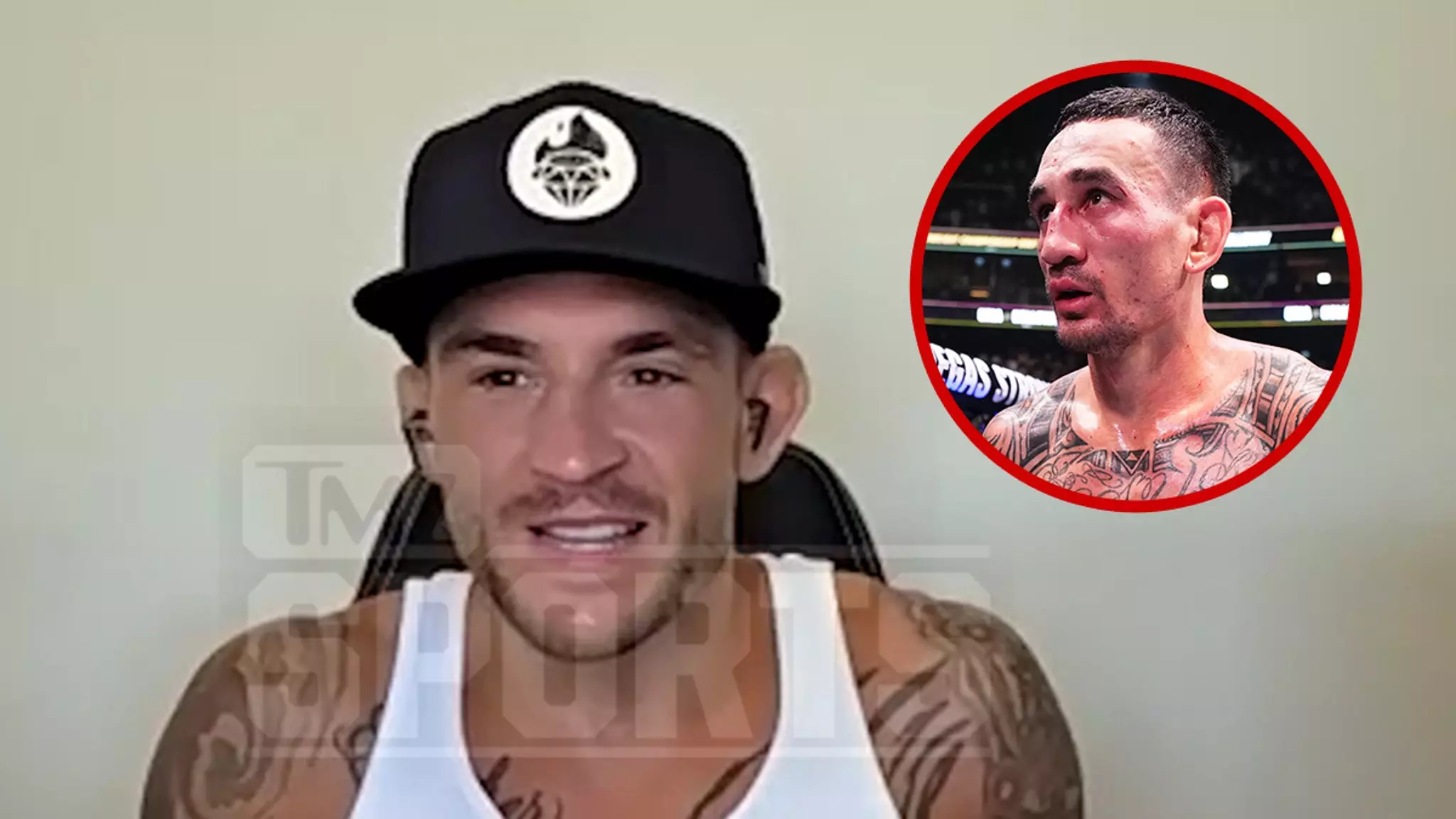Dustin Poirier’s announcement of his retirement marks the closing of a significant chapter in mixed martial arts history. At 36, the fighter who once held the interim UFC lightweight title is choosing to step away from competitive combat, not because of unavoidable physical decline but because of a profound desire for a more fulfilling personal life. His decision underscores a crucial understanding: true fulfillment often comes not from the adrenaline of competition but from the stability and contentment of family and business pursuits. Poirier’s candid admission that he’s seen enough punches and kicks signifies a mature transition, one that many fighters struggle to embrace even when years of fighting have taken their toll. This choice underscores his authenticity and prioritization of long-term well-being, offering a much-needed reminder that careers in combat sports, no matter how illustrious, are transient.
Reflections on a Legendary Career
Throughout his career, Poirier demonstrated resilience and tenacity that cemented his place among MMA’s elite. His respect for legendary fighters like Max Holloway reveals a mindset rooted in admiration and sportsmanship. Rather than viewing his last bout as just another fight, Poirier sees it as a salute to his journey and the sport that shaped him. This perspective showcases a fighter’s maturity—recognizing the importance of closing a chapter on a high note, while acknowledging those he has fought alongside and against. His recognition of Holloway as a legend and potential opponent further highlights Poirier’s appreciation for the sport’s history, emphasizing that true greatness lies in mutual respect.
Beyond the Cage: A Future Defined by Family and Business
What lies ahead for Poirier is a departure from the limelight but not from purpose. His focus shifts to being a dedicated family man—prioritizing his role as a father and husband—and managing his various business ventures in Louisiana. This transition hints at a broader understanding: that identity isn’t solely rooted in athletic accomplishments. Poirier’s intention to stay active in the sport as a desk analyst reflects a desire to stay connected, contributing his insights without the physical toll of fighting. This move is both strategic and driven by passion, offering fans a new way to engage with his expertise. It’s a reminder that athletes can reinvent themselves successfully, harnessing their knowledge and love for the sport while embracing personal ambitions.
Challenging the Notion of Retirement as Finality
Some may perceive Poirier’s retirement as a definitive endpoint, but it’s better viewed as a strategic pivot. Fighters like Poirier demonstrate that stepping away from the octagon doesn’t equate to complete disengagement from fighting. His expressed interest in staying involved indicates a desire to shape the sport’s future, influence upcoming fighters, and maintain a connection to the community that made him. His comments about staying “busy” and being more present at home also highlight a vital shift—valuing mental health and personal fulfillment over relentless competition. Poirier’s journey exemplifies that stepping back can be an act of strength and intentionality, not defeat.
In Summary: The Evolution of a Fighter and a Person
Dustin Poirier’s transition from a fierce competitor to a balanced individual underscores a powerful truth: true strength lies in knowing when to step back and focus on what truly matters. His career has been marked by grit, respect, and a relentless pursuit of excellence—traits that now promise to propel him into the next phase of life with purpose and clarity. As he turns away from the fight game, he opens himself to new opportunities, shedding the weight of constant competition to embrace a more holistic definition of success. Poirier’s path forward isn’t just about retirement; it’s about evolution—and therein lies his real triumph.

Leave a Reply